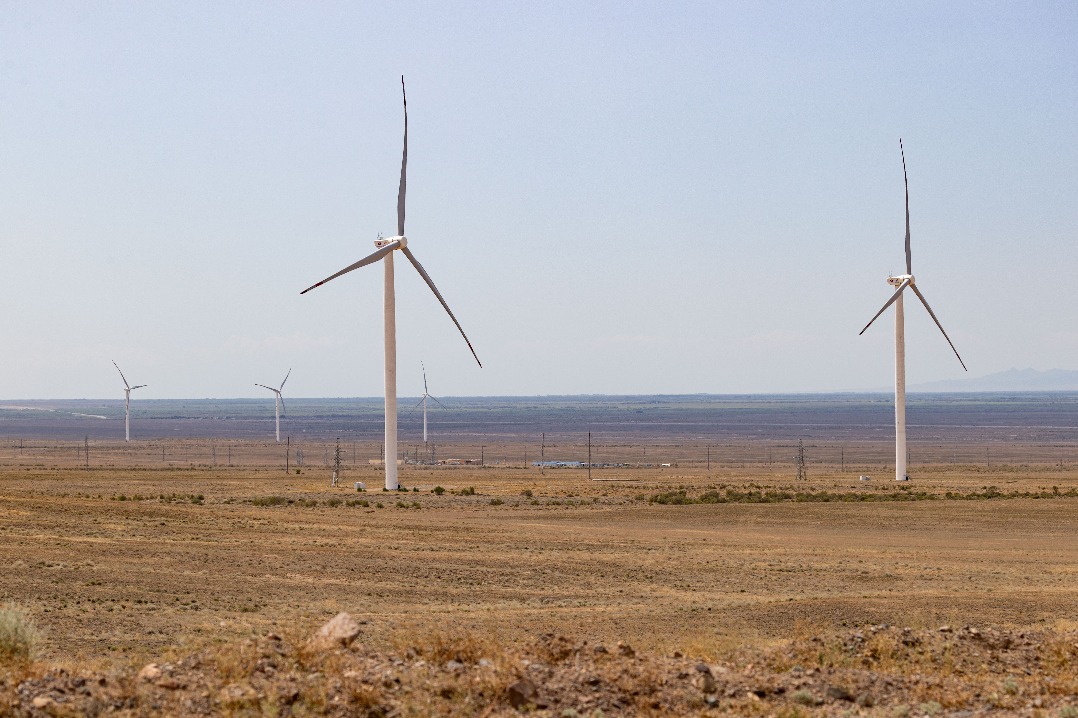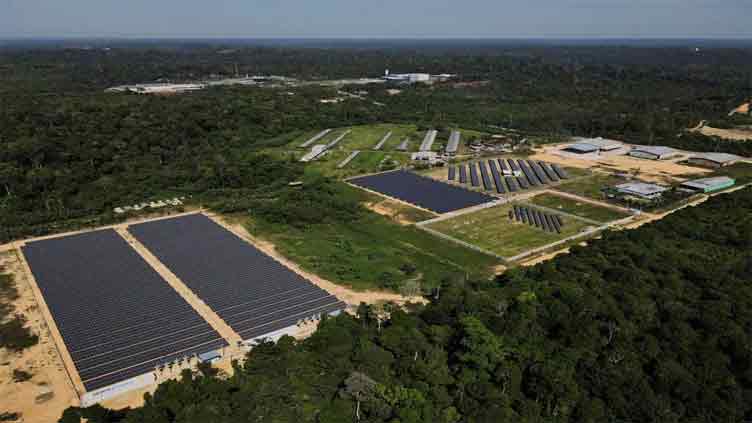Carbon Brief’s latest analysis reveals a significant milestone in the UK’s energy landscape, as the use of fossil fuels for electricity generation hit its lowest point since 1957. The comprehensive study attributes this decline to a combination of decreased demand and a surge in renewable energy sources, particularly wind power.20% Plummet in Gas and Coal Electricity Generation
20% Plummet in Gas and Coal Electricity Generation
In 2023, the UK witnessed a remarkable 20% decrease in electricity generated from gas and coal, marking the lowest consumption since 1957. This notable drop is parallel to a time when the population stood at 51 million, compared to the current 67 million, with fossil fuels supplying 97% of the nation’s electricity.
Record Low Share of Fossil Fuels at 33% in 2023
Carbon Brief points out that the share of electricity generated from fossil fuels hit a record low of 33% in 2023. This decrease from the peak in 2008, when fossil fuels supplied 97%, is primarily attributed to the rapid expansion of wind power, along with the contributions from solar and bioenergy, and a reduction in overall electricity demand.
Factors Influencing Decreased Electricity Demand
The study identifies multiple factors contributing to the decline in electricity demand, including the adoption of more efficient appliances, increased pricing due to expensive gas, and shifts towards a service-led economy. However, Carbon Brief anticipates a potential rise in demand as the transition to electric vehicles and heat pumps accelerates.
Industry reactions are mixed, with David Whitehouse, CEO of Offshore Energies UK, emphasizing that electricity is only one facet of the overall energy mix, with the UK still heavily reliant on oil and gas. On the other hand, Jess Ralston from ECIU acknowledges the global trend towards renewables but raises concerns about missed opportunities and unresolved issues, such as grid connections for new clean energy projects.
In conclusion, the UK’s move towards reduced reliance on fossil fuels for electricity reflects a broader global shift, driven by economic factors, government policies, and international events. However, challenges persist, and the journey towards a fully renewable energy landscape requires continued commitment and strategic interventions.
Source:news.sky.com





